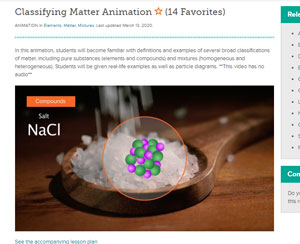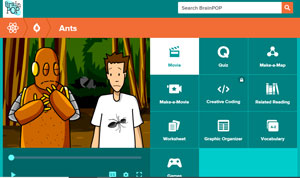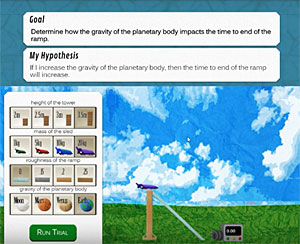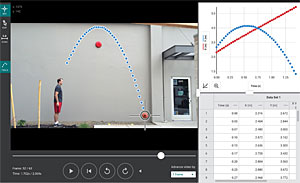In the face of the COVID-19 pandemic, many schools, colleges and universities have been forced to make a breakneck switch to online instruction, which opens up its own Pandora's box of challenges: Where do I start with online science education? How does a remote class even work? How can I tell if students are engaged in the lesson, watching, or even awake?
Here is the Laboratory Safety Institute's list of free-during-COVID-19 resources for science instruction. Below, we'll compare the best videoconference options for classroom education.
Free-During-COVID-19 Science Teaching Resources
The internet has no shortage of online science teaching resources (check out these lists from ACS and NSTA), but here are the sites offering something special during the COVID-19 closures.
American Association of Chemistry Teachers
AACT has a treasure trove of activities, animations, projects, simulations and videos to teach chemistry online. Normally, you have to purchase an AACT membership for access, but now through April 17, 15 lessons for elementary, middle, high school and AP are unlocked and free.
Videoconference Software
Rather than letting COVID-19 stop you, learn to make lemonade. By taking full advantage of videoconference technology, making the switch to online instruction can be a huge opportunity to create an engaging, meaningful experience for your students.
The Laboratory Safety Institute has been teaching science safety using an online learning platform since 2014. We also regularly offer webinars and full-day lab safety courses via live videoconference. Here's our shortlist of videoconference options to help teachers during the COVID-19 shutdown.
A Word on Safety
An article from the Laboratory Safety Institute wouldn't be complete if we didn't mention . . . safety!
Actually, COVID-19 related restrictions may be a blessing in disguise when it comes to safety because teaching through video allows you to provide a wide variety of experiential instruction without the risks of a live, in-class demo.

Screenshot from a YouTube video showing a backyard demonstration with no PPE.
But if you share videos, please do everyone a favor and limit yourself to legitimate science demonstrations designed to educate (such as the resources above), not entertaining backyard experiments someone posted on YouTube. No matter how many times you say “kids, don’t try this at home," some will hear those words as an invitation. (And remember it's not just your honor students who may be watching the content you present—younger siblings and friends may be looking over their shoulder.) Like it or not, if injury occurs, the teacher still can be ruled as negligent through proximate cause!
For more tips about being safe at home, see the National Safety Council's Safety at Home page.










